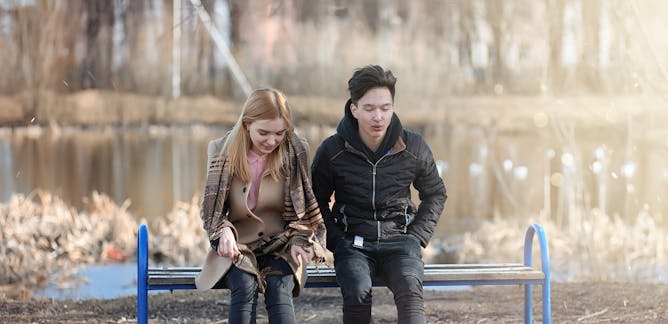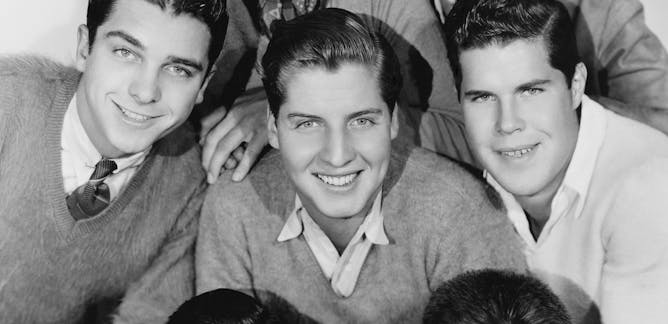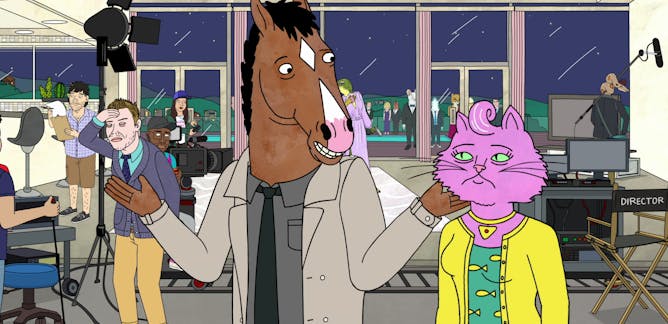|
It was another week when the news of the day became must-see TV. But what about the deeper issues that were at play in the U.S. Senate hearings about whether Brett Kavanaugh should become the next Supreme Court justice? I've pulled together some great reads from The Conversation on topics about sexual violence, teen dating violence, wrongful convictions and a look at past Supreme Court nominations that were also controversial.
And if you're enjoying a great fall weekend on the golf course, check out the article on how you can develop the perfect putt.
Have a great weekend and we'll back in your Inbox on Monday.
|
Weekend Reads
|

Catherine Shaffer, Simon Fraser University; Elizabeth Saewyc, University of British Columbia
Surprisingly, a study of more than 35,000 Canadian adolescents shows that boys report higher rates of dating victimization than girls.
| |

Carol Harrington, Victoria University of Wellington
The #MeToo movement has attracted mainstream media attraction, but women are using many digital platforms to share their experiences of sexual violence.
|

Ashwini Tambe, University of Maryland
What exactly do we mean by teenage behavior? And who gets to be this kind of teenager?
| |

Calvin Schermerhorn, Arizona State University
Contentious or politically driven Supreme Court nominations are not new. But US history shows that many of those contested nominees who were confirmed would go on to author controversial opinions.
|

Crispin Halsall, Lancaster University
PCBs were phased out three decades ago. But they're still lingering in the ocean.
| |

Carolyn Strange, Australian National University
Fifty-nine years ago, Steven Truscott, wrongfully convicted for the murder of a schoolmate, was sentenced to hang. He was only 14 years old. Why did it take so long for justice to catch up with him?
|

Dominic Tran, University of Sydney
You might be thin on the outside, but if you have a poor diet and are physically inactive, you can have the same health risks as someone who is obese.
| |

Mignon van Vreden, North-West University
Children feel less frustrated and are allowed to be creative and expressive in spaces where they make choices.
|

Andrew Michael Cooke, Bangor University
How to win the Ryder Cup...with a little help from neuroscience.
| |

Paul Wells, Loughborough University
Depression, addiction and misanthropy in cartoon form.
|
|
|